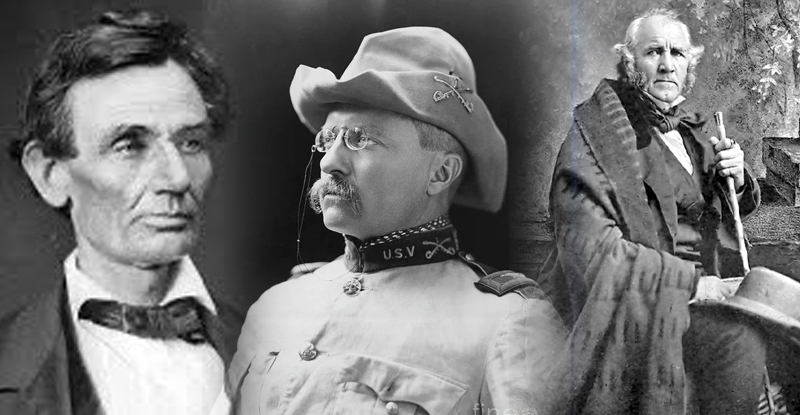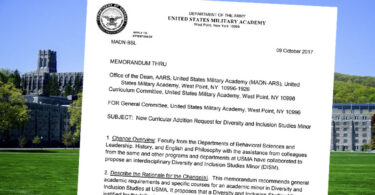By @InfantryDort on X, active duty Army Major
Tortured Warrior I: Abraham Lincoln
The Torment
From his youth, Lincoln was pursued by melancholy. His mother died when he was nine. His sister at nineteen. His first love, Ann Rutledge, before they could marry. Each loss hollowed him. Friends feared for his sanity. He spoke openly of despair.
The Breaking Point
Neighbors hid knives and razors from him. He endured humiliation after humiliation in business and politics. He saw himself as a failure, awkward and broken, incapable of commanding a room. A man bent beneath grief and depression, on the edge of collapse.
The Transcendence
Yet from this darkness rose the man who preserved the Union. Who bore the agony of civil war. Who gave the words at Gettysburg that outlive empires. His torment never left him, but it gave him empathy, patience, and iron resolve.
The tortured warrior is not free of scars. He is defined by them.
—
Tortured Warrior II: Theodore Roosevelt
The Torment
Roosevelt was born weak. A sickly child with crippling asthma. Doctors told his parents he might not live to adulthood. He fought for every breath. Later, just as he seemed to find strength, tragedy struck. On the same day in 1884 he lost both his wife and his mother. Two funerals. One house. His world collapsed into grief.
The Breaking Point
He fled New York in despair, abandoning politics and society. Out on the Dakota frontier he nearly froze to death, nearly starved, and sank into violent loneliness. The sickly boy who had become a man was now a widower, broken and bitter, riding into the wilderness with nothing left to lose.
The Transcendence
But Roosevelt rebuilt himself in the crucible of hardship. He became a rancher, a hunter, a man of iron will. He returned to politics sharper than ever. He led the Rough Riders up San Juan Hill. He became President of the United States. His voice thundered across the world with “speak softly and carry a big stick.”
The weak boy who gasped for air became the man who carried a nation on his back. The tortured warrior rose from ruin to shape an empire.
—
Tortured Warrior III: Sam Houston
The Torment
Houston’s life began in hardship. His father died when he was thirteen, leaving the family in debt and despair. Restless and wounded, young Sam fled his home and lived among the Cherokee, taking their ways as his own. He returned to white society but never fit neatly within it. As a young officer he was brave but reckless, wounded near death at the Battle of Horseshoe Bend. Later, as governor of Tennessee, he married — and within weeks his wife left him in scandal. He resigned in disgrace, humiliated, and fled back into Cherokee exile.
The Breaking Point
In exile, Houston’s life spiraled. He drank heavily, wore native dress, and sank into despair. His enemies mocked him as a man broken by failure, an outcast unworthy of command or honor. He might have remained a forgotten exile, lost to history, a man consumed by shame and whiskey.
The Transcendence
But destiny called him west. In Texas he found renewal. He commanded the ragged Texian Army against Santa Anna. At San Jacinto he won a stunning victory, securing Texan independence. Twice he was President of the Republic of Texas, later a U.S. Senator, and finally Governor. Though scarred by scandal and haunted by exile, he rose from disgrace to shape the destiny of a nation.
The tortured warrior is proof that even the cast off and humiliated can be reborn. Sam Houston’s life showed that from exile and ridicule can rise the savior of a people.








Leave a Comment